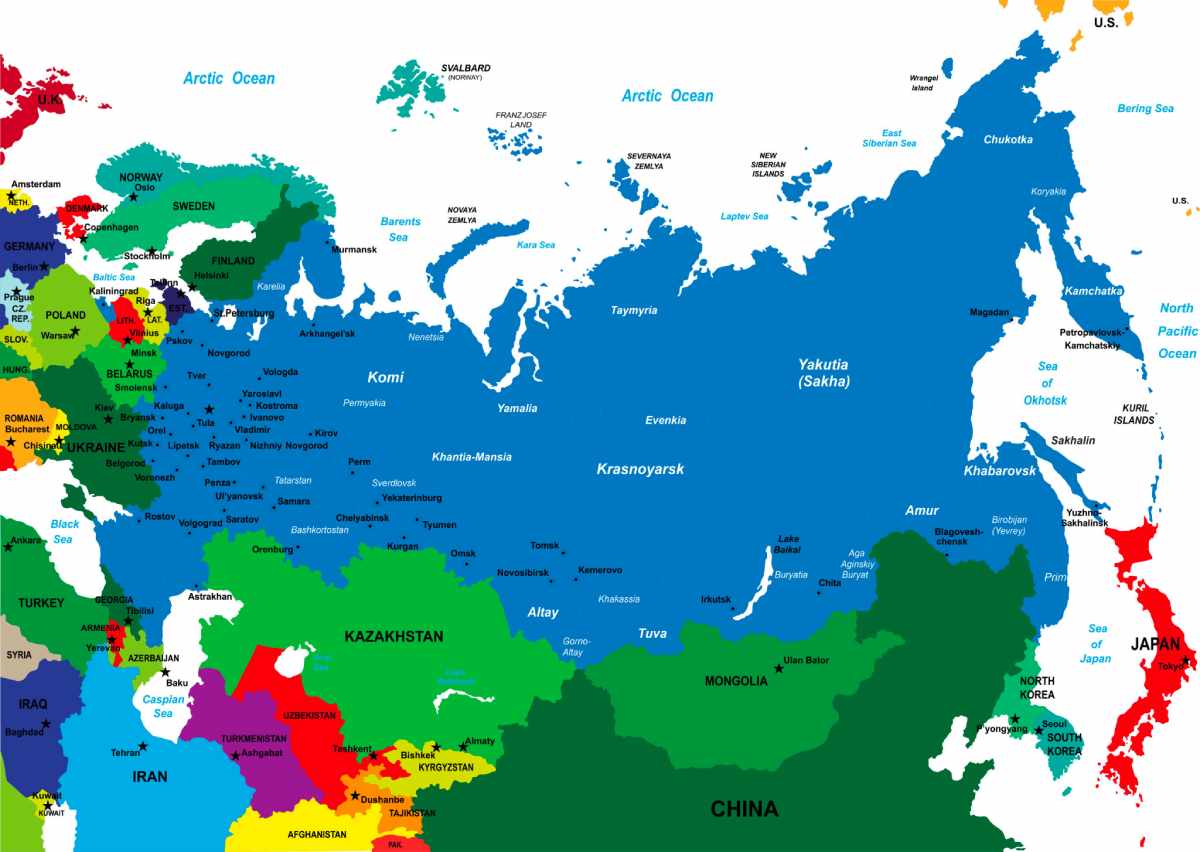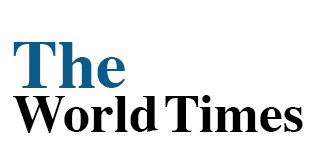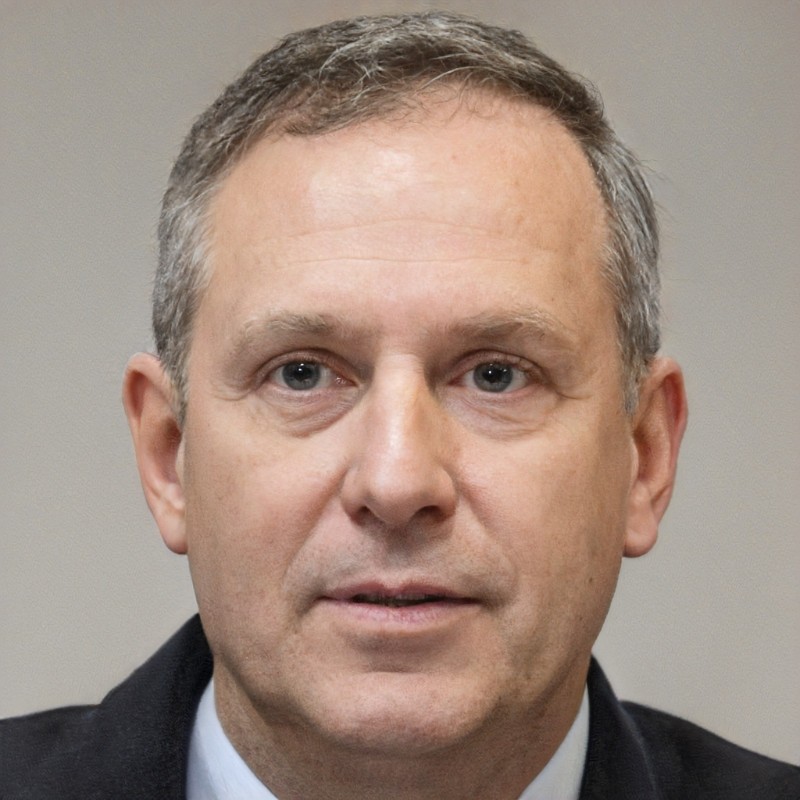Post-Soviet Political Regimes and Shavkat Mirziyoyev: Uzbekistan's Reformist Leader
A variety of political regimes emerged, reflecting the diverse political, economic, and social landscapes of these newly independent states
The dissolution of the Soviet Union in 1991 marked the birth of numerous independent nations in the vast territory it once controlled.

Uzbekistan, situated in Central Asia, provides a fascinating case study in post-Soviet political development, with President Shavkat Mirziyoyev at the helm, seeking to reshape the country's political and economic landscape. This article explores the dynamics of post-Soviet political regimes and focuses on Shavkat Mirziyoyev's leadership and reform efforts in Uzbekistan.
The Post-Soviet Landscape
The collapse of the Soviet Union created a vacuum in Central Asia, and each newly independent nation faced the challenging task of establishing its own political system. The region has seen a diverse range of political regimes, from authoritarianism in Turkmenistan to a fragile democracy in Kyrgyzstan and a hybrid system in Kazakhstan. Uzbekistan, for much of its post-independence history, was characterized by strongman rule under President Islam Karimov, who held power for nearly three decades and tightly controlled the political, economic, and social spheres of the country.
Shavkat Mirziyoyev's Ascension
In 2016, the death of President Karimov led to a period of political uncertainty in Uzbekistan. Shavkat Mirziyoyev, who had been the Prime Minister, assumed the presidency in a somewhat unanticipated manner. His accession to power marked a significant turning point for Uzbekistan, as he embarked on a path of reform and transformation that was largely unprecedented in the country's history.
Reforming the Economy
Liberalization and Diversification
One of the key elements of Mirziyoyev's leadership has been his commitment to economic reform. Uzbekistan was previously known for its highly centralized and heavily regulated economy. Mirziyoyev's government has initiated a series of economic reforms aimed at liberalizing markets, attracting foreign investment, and diversifying the economy. These reforms have led to significant improvements in the business climate and have encouraged foreign investors to consider Uzbekistan as a promising destination for their capital.
Economic Successes and Challenges
While these reforms have shown promise and have resulted in improved economic indicators, there are still challenges related to corruption and the need to ensure equitable distribution of the benefits of economic growth. The government's efforts to address these issues will be crucial for long-term economic stability and development.
Foreign Policy Shifts
Regional Cooperation
Under Mirziyoyev's leadership, Uzbekistan has also made significant changes in its foreign policy approach. The country has sought to improve relations with neighboring states, resolve long-standing conflicts, and promote regional cooperation. Notably, Mirziyoyev's government played a crucial role in mediating the peaceful resolution of a longstanding border dispute with Kyrgyzstan, reflecting the country's commitment to regional stability.
Balancing Interests
Uzbekistan's foreign policy shifts aim to balance its historical ties with Russia and its growing engagement with Western countries, particularly the United States and the European Union. This balancing act is critical for maintaining Uzbekistan's sovereignty and pursuing its economic and security interests.
Political Liberalization
Gradual Opening
In the realm of political reform, Mirziyoyev's government has taken some measures to open up the political space. While Uzbekistan remains an authoritarian state, there have been some notable improvements in civil liberties and human rights, such as the release of political prisoners and the loosening of restrictions on media and civil society. However, these reforms are gradual and cautious, as the government seeks to balance political openness with stability and security.
Challenges and Concerns
Critics argue that progress on political liberalization is too slow and that there are still significant human rights concerns. Additionally, the country faces ongoing challenges related to corruption, lack of political pluralism, and the need for improved rule of law. These challenges highlight the delicate balancing act Mirziyoyev must perform as he seeks to bring about change while maintaining the country's stability.
Summing Up
Uzbekistan's experience as a post-Soviet nation provides valuable insights into the diverse political regimes that emerged after the Soviet Union's dissolution. Shavkat Mirziyoyev's leadership in Uzbekistan is notable for its commitment to economic reform, changes in foreign policy orientation, and cautious steps towards political liberalization. However, challenges remain, and it is essential for Uzbekistan to strike a balance between reform and stability as it navigates its path in the post-Soviet political landscape. The world will be watching to see how Uzbekistan's political regime continues to evolve under Mirziyoyev's leadership.

